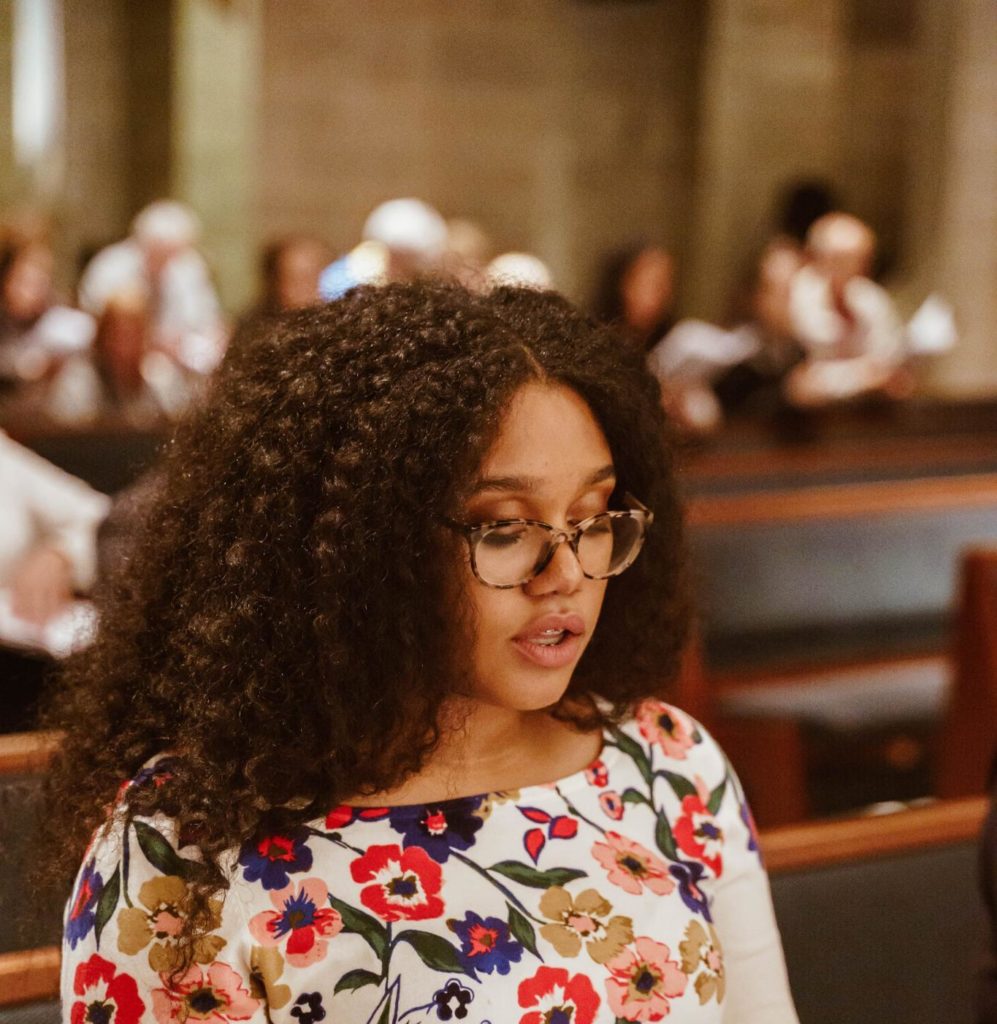Consider a typical weekend experience in Metro Detroit:
On Saturday evening, you see your favorite performer at your favorite local venue. You’ve been looking forward to this concert, so you’ve invited your best friends and paid a premium for front-row seats. As soon as you hear the opening notes of your favorite song, you jump to your feet. You sing along. You don’t want it to end, and you hope for an encore.
Then on Sunday morning you go to Mass, a little late but in time for the Gospel. You don’t know anyone in the parish, so you slip into a back pew. You haven’t looked at the readings, so as the Gospel is read, you try to figure out which one it is. You hear the opening words of a familiar story, maybe “The Prodigal Son” or “The Good Samaritan,” and you think: Old news. Heard this one before. You sit back down thankful they used the short version, and you hope the priest or deacon who is about to preach will do the same with the homily.
These are two different events and two very different experiences. Why do we memorize the words to our favorite songs but zone out when we hear a familiar Gospel? Why is it so easy for us to share the good news that the band is in town but difficult for us to share the Good News of what God has done for us in Jesus?
Recall what the proclamation of the Gospel is meant to be: a life-changing event. The Good News of Jesus when proclaimed and shared has the power to change everything, even the culture. The bold proclamation, the kerygma, is the truth that God has a plan for your life; that sin and its devastating consequences disrupt God’s plan and rob you of joy; that God in his goodness sent his son, Jesus Christ, to save you by dying on the cross and rising from the dead; and that now, by accepting the gift of salvation and responding to God’s call to grow in holiness and engage in mission, you can live a joyful life in the community of the Church.
The power that is unleashed when the Good News is heard is precisely why we should prepare ourselves for a real encounter with the person of Jesus as the Gospel is proclaimed each Sunday. The Gospel has the same power as when it was first proclaimed by the Apostles: the power to free captives from slavery to sin, to set cold hearts ablaze with the fire of the Holy Spirit and to compel us forward to share the Good News in our archdiocese.
Prepare
Seek out the readings
It has never been easier to access the word of God. You can get daily and Sunday readings from any number of apps, podcasts, print media and websites. The U.S. Bishops’ website, usccb.org, is always a great place to start.
Read the Gospel before Sunday
Read the Sunday Gospel ahead for the following Sunday early in the week. Name a certain grace you hope to receive as you read the word.
Resist the temptation to skim
Avoid the urge to gloss over a reading that is familiar. God always has something more to say to us each time. The Gospel is the living, dynamic word — not dead, static letters on a page. From year to year as the Scriptures are read, the word does not change, but the word changes us, if only we allow it to!

